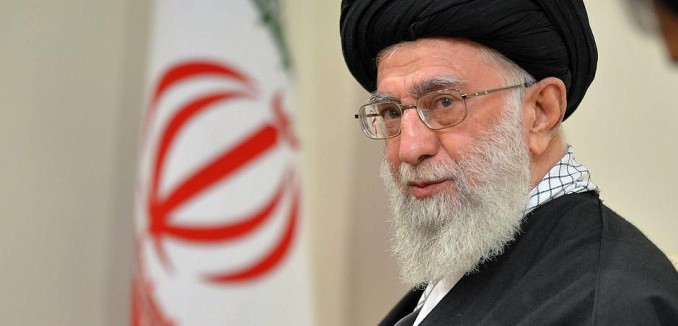The ambassadors of eleven Arab countries to the United Nations on Monday harshly condemned Iran’s continued sponsorship of terrorist groups and destabilizing interference in the internal affairs of regional powers, the Associated Press reported.
In a letter sent to UN Secretary General Ban Ki-Moon, the representatives of Bahrain, Egypt, Jordan, Kuwait, Morocco, Oman, Qatar, Saudi Arabia, Sudan, Yemen, and the United Arab Emirates expressed support for last year’s nuclear agreement between Iran and world powers, but charged that “unfortunately,” since the deal was reached, “we have seen nothing but increased Iranian aggression in the region and the continuation of support for terrorist groups.”
“We stress that the Islamic Republic of Iran is a State sponsor of terrorism in our region, from Hezbollah in Lebanon and Syria, to Houthis in Yemen and terrorist groups and cells in the Kingdom of Bahrain, Iraq, the Kingdom of Saudi Arabia, Kuwait and elsewhere,” they added. “We remain firm in our resolve that any interference by the Islamic Republic of Iran in the domestic affairs of Arab states is unacceptable and must be confronted.”
Two years ago, after Iran-backed Houthi insurgents captured Sana’a, the capital of Yemen, an Iranian parliamentarian with ties to Supreme Leader Ayatollah Ali Khamenei boasted that Tehran controlled four Arab capitals. The other three are Beirut, Damascus, and Baghdad.
The letter came two months after an Iranian diplomat denied that the Islamic Republic was sponsoring the Houthis in Yemen, accused the UAE and others of supporting terrorists in Iraq and Syria, and dismissed claims that Iran had occupied three UAE-owned islands in the Persian Gulf.
Lana Nusseibeh, the UAE’s ambassador to the UN, charged that Iran was “fueling the violence in Yemen, and in other parts of the Middle East,” and explained that the letter sought “to warn [the UN] about Iran’s nefarious behavior, and to pressure Iran to stop funding and arming militias that destabilize our region.”
Hillel Neuer, the executive director of UN Watch, which monitors the world body, welcomed the letter and explained its significance. “Iran likes to dismiss all criticism of its human rights violations and brutality at home and abroad as part of a western plot, but that’s hard to sustain when the accusers are all Muslim governments, including recent allies of Iran like Sudan,” he said.
The Arab nations’ letter to the UN echoes observations made in April by Yousef al-Otaiba, the UAE’s ambassador to the United States, who accused Iran of treating the nuclear deal “as an opportunity to increase hostilities in the region” and urged the international community to “shine a bright light on Iran’s hostile acts across the region.” If Iran didn’t heed warnings to stop its belligerent behavior, al-Otaiba wrote, “the U.S. and the global community should make clear that Iran will face the full range of sanctions and other steps still available under U.N. resolutions and in the nuclear deal itself.”
[Photo: Fars News ]




